Though many people dream of saying goodbye to the weekly grind, few ever survive the transition from corporate servitude to entrepreneurial freedom. For each successful startup, there are thousands that don’t make it past inception; so, what’s the difference between those that make it as a successful entrepreneur and those that don’t?
In many cases, it’s not a failure on the aspiring entrepreneurs’ part to understand financial or marketing concepts. Rather, the fault lies in never adopting the necessary mindset and philosophy they need to make it on their own.
Though there are thousands of books on this very subject, designed to prepare and inform, we’ve conveniently narrowed it down for you. So, if you’re eager to start your learning journey, here are the 15 best books of all time that every aspiring entrepreneur should read!
1. The 4-Hour Workweek by Tim Ferriss
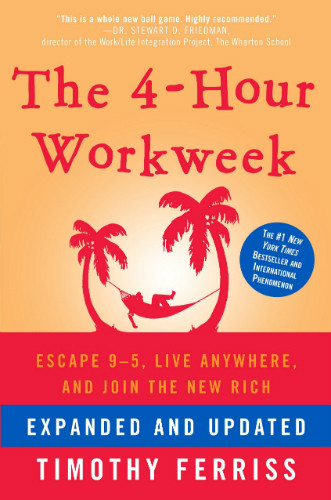
Any self-respecting entrepreneur’s bookshelf contains a copy of The 4-Hour Workweek, Timothy Ferriss’s seminal introduction to being your own boss. First published in 2007 and accompanied by a loyally followed blog, it’s based on Ferriss’s experiences of running a sports nutrition company while on sabbatical. The book specifically advocates a form of antidote to the workaholic lifestyle.
Although the intricacies of entrepreneurism have evolved since, The 4-Hour Workweek remains a notable starting point in seeking to escape the rat race and grow rich. The 2.1 million people who have bought a copy evidently agree!
2. The New Business Road Test by John Mullins
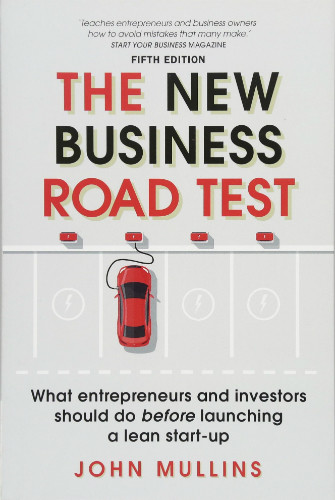
The New Business Road Test is just what it says on the tin: an exploration of whether or not that lightbulb above your head can translate into a viable business model. Written by Stanford MBA graduate John Mullins, the book serves as an important reality check in a motivation-heavy market.
Meanwhile, Pat Flynn’s Will it Fly? [paid link] offers an alternative take on the same theme; as the author himself states: “a lack of proper validation kills more businesses than anything else”. If you want to avoid the same fate, these are good places to start.
3. When to Jump by Mike Lewis
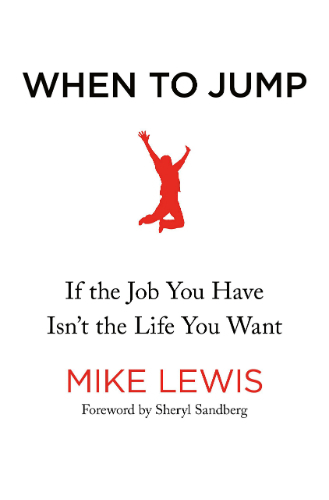
On the surface of it, the primary appeal of When to Jump might lie in the identity of its foreword contributor, former Meta Platforms COO Sheryl Sandberg. The meat on the bones, though, is the variety of characters and stories that appear along the way, as Lewis — a former Bain consultant turned professional squash player — provides the testimonies of over 40 “average Joes” who took the plunge.
For those who find themselves at the “thinking about it” stage of the entrepreneurial process, this is not just inspired reading, but essential, too.
4. The $100 Startup by Chris Guillebeau
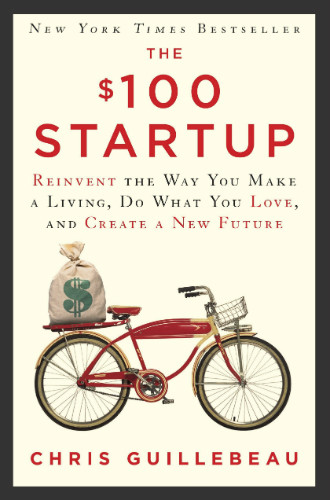
Another title that can be considered a must read for beginners, The $100 Startup emphasizes that, in the digital age, creativity is a far more important tool than finance. The real crux of its success, though, is in its practicality. Guillebeau provides an actionable, easy-to-follow roadmap of building a business from scratch, armed only with a positive attitude and the eponymous $100.
He isn’t the only one downplaying the importance of finance, either; if you require further reading, Daymond John’s The Power of Broke [paid link] offers numerous tips on how to proceed with your business idea when purse strings are tight.
5. The Hard Thing about Hard Things by Ben Horowitz
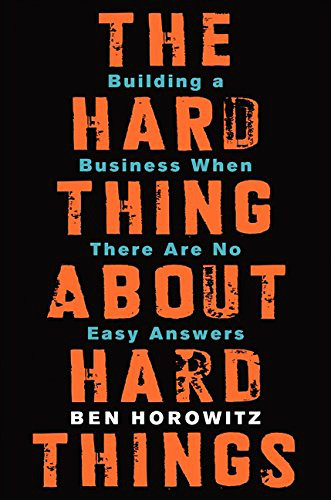
When a book about entrepreneurism is being endorsed by Mark Zuckerberg and Larry Page, then it’s good to check what all the fuss is about. Enter Ben Horowitz, a fellow Silicon Valley CEO, who is keen to remind people that after the initial excitement of setting up your business comes a far more demanding process: running it.
This means learning how to navigate office politics, fine-tuning your recruitment policy and, yes, firing people you like — tasks that, as the title suggests, aren’t fun. Readers will have a hugely resourceful reference point, though; The Hard Thing about Hard Things is brutally honest, and it’s all the more valuable for it.
6. Rework by Jason Fried and David Heinemeier Hansson
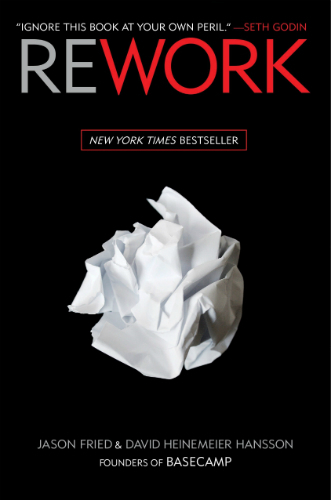
Conventional wisdom suggests that, before starting a business, you should research your competitors and create an in-depth business plan. Jason Fried and David Heinemeier Hansson, on the other hand, suggest that doing so is a waste of time.
In an attempt to rework the tried-and-trusted, Fried and Heinemeier Hansson argue that it’s more productive to “stop talking and start working”, advocating positive, actionable steps during the early stages. The bulk of Rework is aimed at showing budding entrepreneurs how to do just that. It’s endorsed by all the right people, too, from Seth Godin to Mark Cuban. If you’re the type to scorn tradition for an alternative way of doing things, then this could be the book for you.
7. Tools of Titans by Tim Ferriss
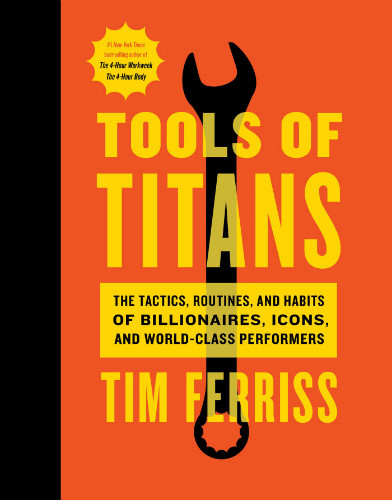
Following on from the success of The 4-Hour Workweek, Ferriss has carved himself a highly profitable niche as a blogger, author and podcaster. Tools of Titans is largely a product of the latter, with the former Princeton alumnus drawing on hundreds of interviews with celebrities, entrepreneurs and magnates to discover what makes them tick.
The result is a series of common themes that appear between his subjects, suggesting that while people may find success in different fields, their qualities, routines and characteristics are the same. Tools of Titans won’t teach you how to start or run a business, but it will show you what it takes to be successful.
8. Like a Virgin by Richard Branson
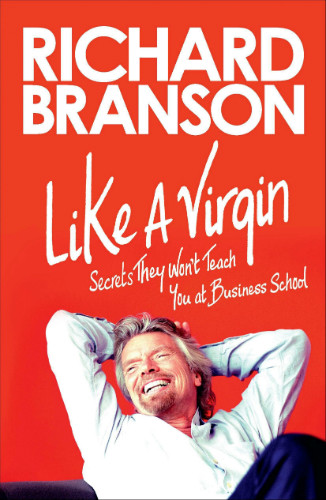
What Richard Branson and the Virgin Group have achieved in business is quite unparalleled; no other company has been so successful in such a wide range of industries.
Therefore, there is a lot of wisdom on offer in Like a Virgin, especially when you consider that this collection of entrepreneurial advice and leadership tips come from a man who quit school in favor of doing things his own way. With a personal fortune of $3.6 billion, he might just be worth listening to.
9. The Discoverers by Daniel J Boorstin
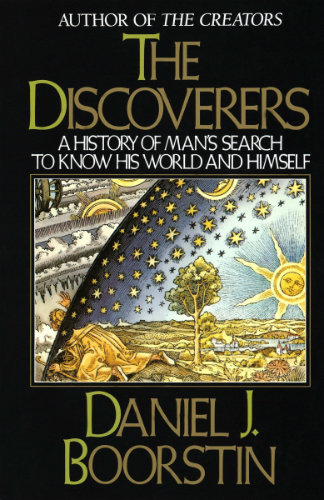
The Discoverers — a near 800-page musing on man’s historical interpretation of the world — may seem like a strange choice, but according to Thomas Hellmann of Oxford Saïd Business School, it’s essential reading for any aspiring entrepreneur.
Highlighting the section on Christopher Columbus’s discovery of the Americas (an event he described as a “beautiful analogy” of the entrepreneurial process), Hellman argues that the real value in The Discoverers is in analyzing our relationship with innovation and uncertainty over the directions we choose to take. These are issues that every business owner will encounter at some point and, while it can be heavy going, there are few works out there that tackle insightful questions with such depth.
10. The Lean Startup by Eric Ries
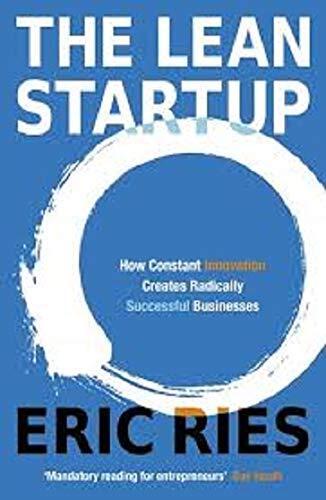
Drawing from his personal failures and success stories in the entrepreneurial world, Eric Ries developed the idea for the lean startup methodology. The approach prioritizes experimentation over painstaking planning and customer feedback over the business owner’s intuition.
Commenting on a failed, costly product launch he experienced as senior software engineer at There, Inc., Ries attributes similar errors to “working forward from the technology instead of working backward from the business results you’re trying to achieve.”
In just over a decade, The Lean Startup has sold over a million copies in 30 languages.
11. Zero to One by Blake Masters and Peter Thiel
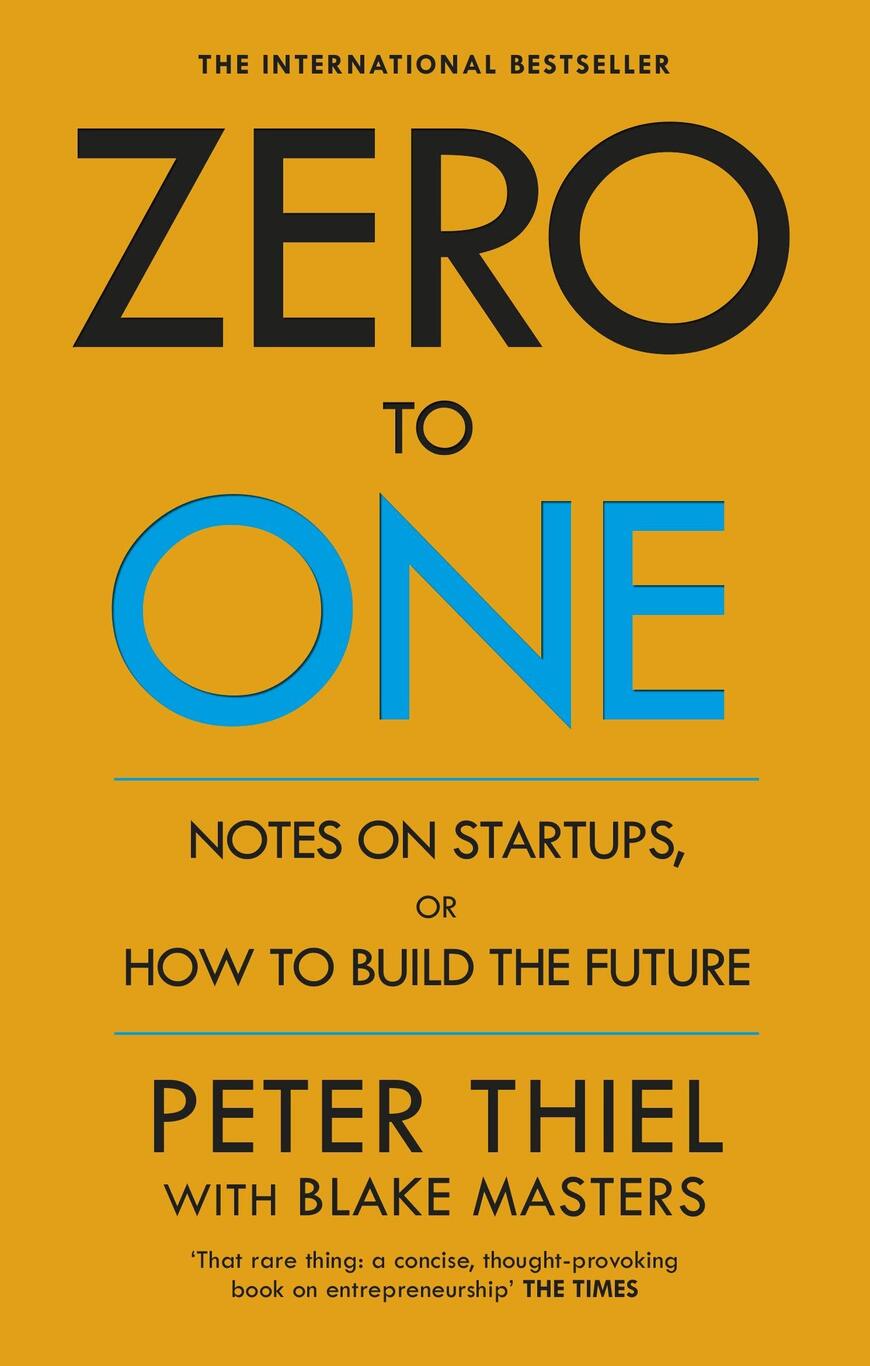
Co-written by venture capitalist Blake Masters and billionaire entrepreneur Peter Thiel, Zero to One has been described as a “self-help book for entrepreneurs”. At 200 pages, the book is a condensed recount of a set of notes taken by Masters while at Stanford Law School.
Endorsed by the likes of Elon Musk and Mark Zuckerberg, this thought-provoking book presents a fresh way of looking at innovation and aims to guide you on finding real entrepreneurial value in new, unexpected places.
12. Start with Why by Simon Sinek
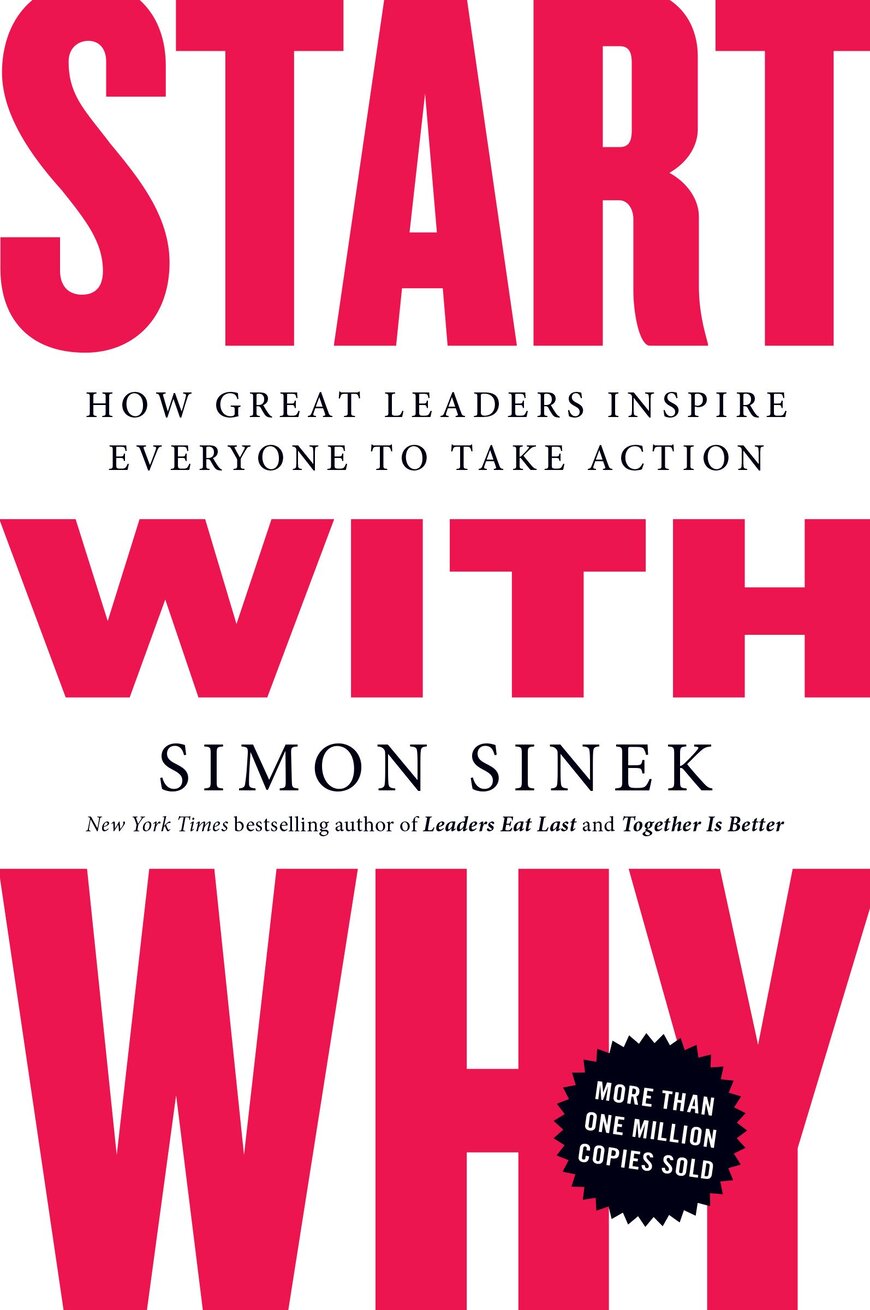
Have you ever been in the presence of a toddler blurting out “why?” repeatedly? That’s the spirit behind Simon Sinek’s Start with Why.
Start with Why is all about asking questions: why are some people more influential than others? Why are some organizations more profitable than others? Why do even the most successful often struggle to repeat their success?
Serving as the basis for one of the most viewed TED Talks of all time, the book answers these questions and provides a framework upon which successful businesses can be built and loyalty in customers can be inspired.
13. How to Win Friends and Influence People by Dale Carnegie
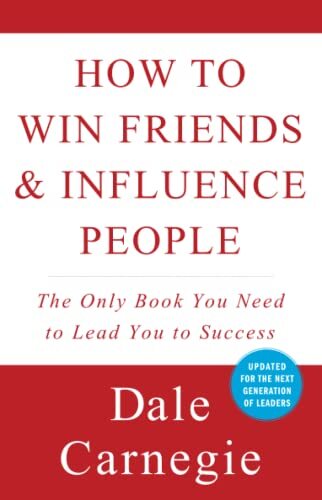
Purchased over 30 million times since its publication in 1936, How to Win Friends and Influence People is one of the world’s best-selling business books of all time. In it, Dale Carnegie talks his readers through overcoming mental ruts, increasing their influence and popularity, and exploring new ambitions.
In a jaunty, conversational manner, Carnegie offers timeless, actionable advice on becoming a successful leader, dividing it into chapters with equally perky titles, like “If You Want to Gather Honey, Don’t Kick Over the Beehive”.
14. The e-Myth Revisited by Michael E Gerber
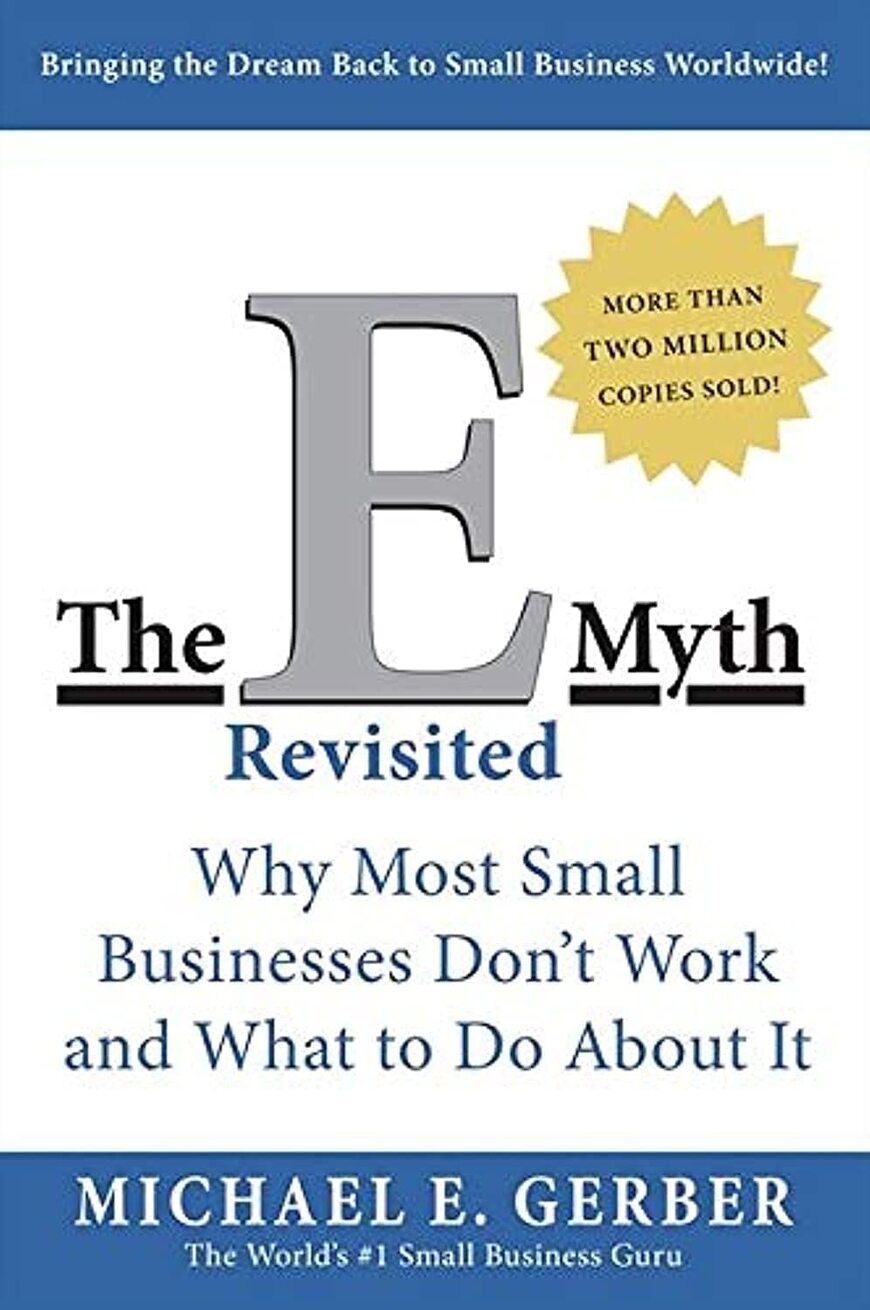
Are you familiar with the failure rate of small businesses? Looking at the statistics, it’s easy to get discouraged — but that’s where this phenomenal book comes in, illuminating the crucial differences between working on your business and working in your business, to help you achieve your goals.
As a small business consultant, Gerber has an abundance of deep insights to share. In The e-Myth Revisited, he examines all stages in the life of a business, from “infancy” through to the growth and maturity stages, providing useful lessons to be applied in each one.
15. Purple Cow: Transform Your Business by Being Remarkable by Seth Godin
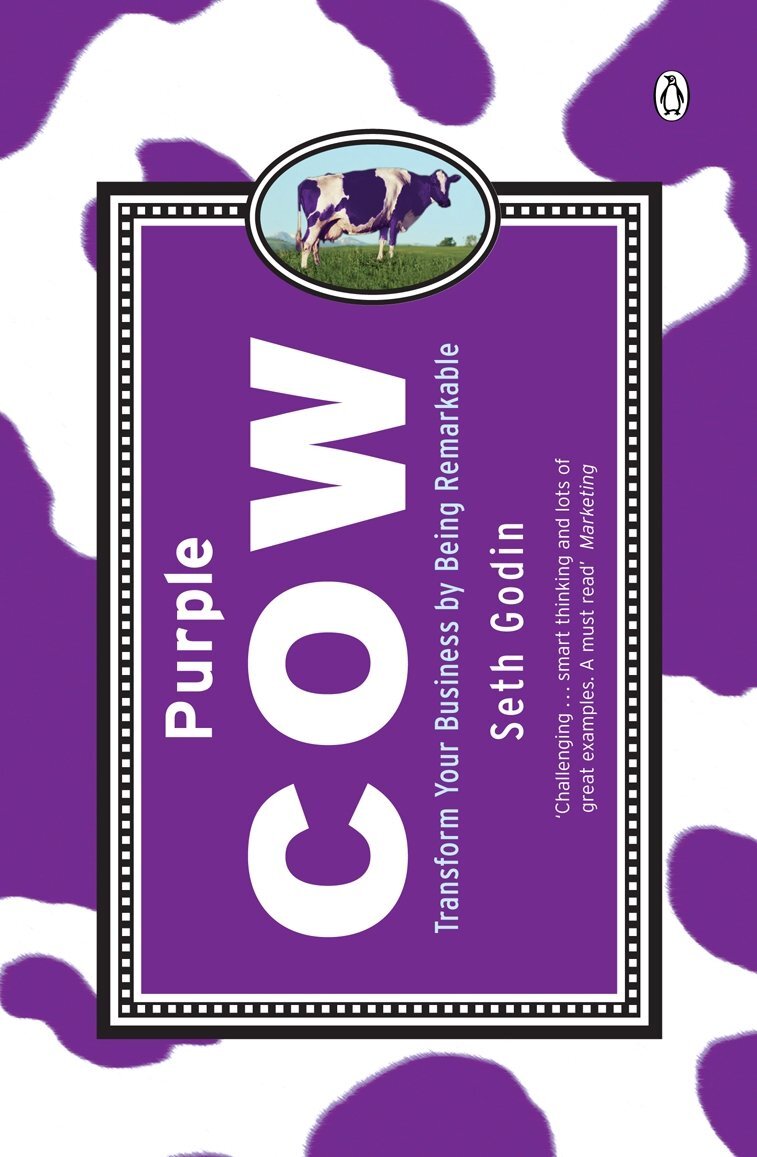
This one’s a great example of what happens when you listen to your own advice. In this case, the advice being that unless your product or service is remarkable, it may as well be totally inexistent.
Godin originally self-published 10,000 copies of Purple Cow: Transform Your Business by Being Remarkable and stuffed the paperbacks into 10,000 milk cartons. He then sent these out for just $5 each to anyone curious enough to find out more. The result? Thousands of conversations generated (from the postmen who delivered the milk cartons to people seeing them on their coworkers’ desks) and 150,000 copies being sold in just the first two years.
The book comprises many examples of brilliant products and marketing strategies, plus a checklist that helps determine whether your idea is indeed remarkable.
Final thoughts
Ultimately, there is no defined path or curriculum to entrepreneurship, so books like these are a hugely valuable means of understanding what it takes to build a successful business. If you pay close enough attention, it could even be you writing the next top best-seller.
Interested in beginning your own business? Watch this video for some useful advice:
What life-changing entrepreneur books do you recommend? Let us know in the comments below.
Originally published 10 July 2018. Updated by Electra Michaelidou.
